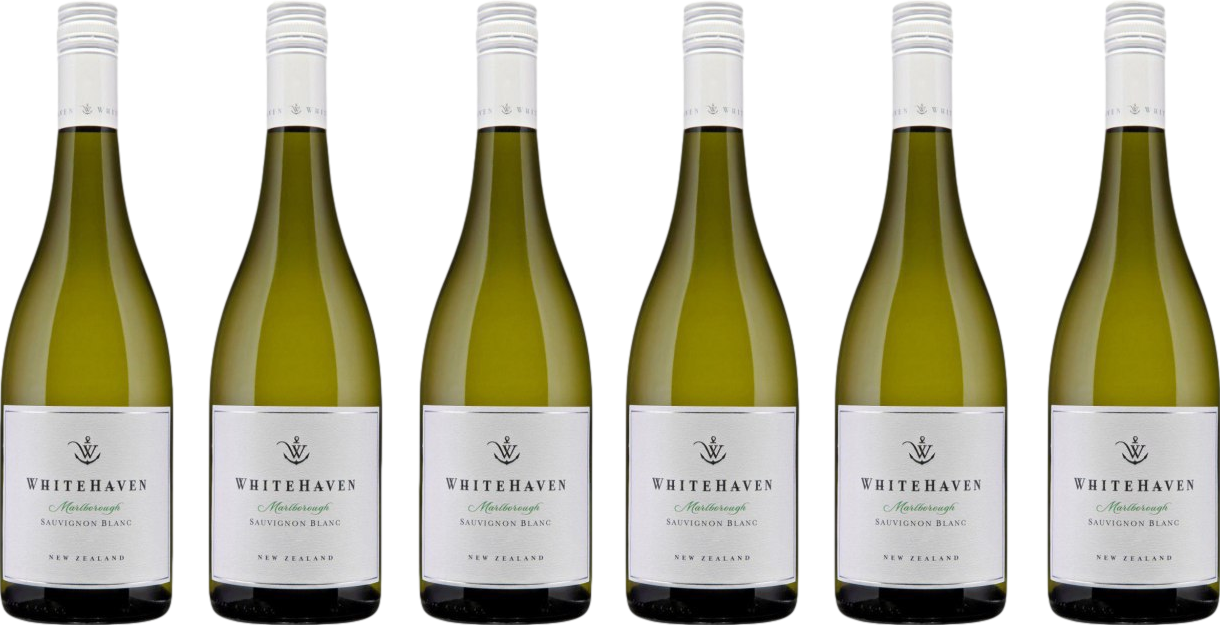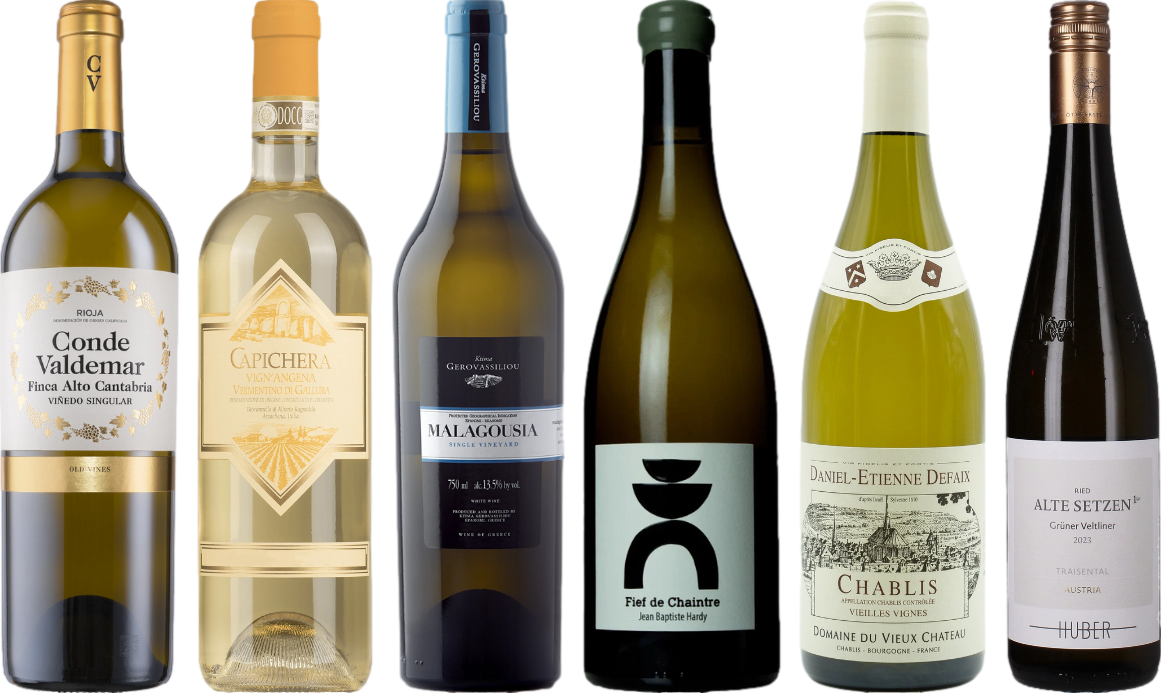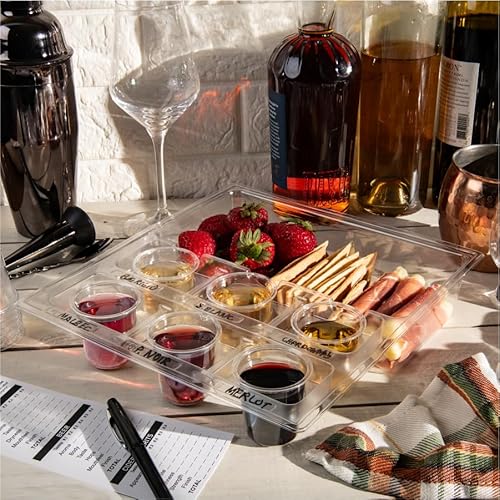



If you’re seeking refreshing options, consider Sauvignon Blanc, known for its zesty acidity and vibrant citrus notes. This varietal often showcases grassy undertones, making it a perfect match for seafood and salads. Another excellent choice is Pinot Grigio, celebrated for its light body and bright flavors of pear and green apple, ideal for warm weather sipping.
Chardonnay offers a versatile experience, especially when unoaked, revealing a clean profile with hints of lemon and minerality. This makes it adaptable for various pairings, from grilled chicken to creamy pasta dishes. Additionally, consider Albariño, a Spanish gem that combines stone fruit flavors with a saline finish, making it a delightful companion to shellfish.
For those who appreciate something a bit different, Grüner Veltliner is a fantastic option. Its peppery notes and crisp acidity complement a variety of foods, from Asian cuisine to light salads. These selections not only provide a thirst-quenching experience but also highlight the diverse flavor profiles available in the white grape family.
Varieties of Crisp and Refreshing Options
Among the selections of pale beverages, specific varietals stand out for their lack of sweetness. Sauvignon Blanc, particularly from regions like Marlborough, showcases zesty acidity and herbal notes. Consider pairing it with seafood or salads for an invigorating experience.
Chardonnay, especially when vinified in a stainless-steel format, offers a clean profile often with citrus and green apple characteristics. Opt for unoaked versions to fully appreciate their freshness, making them ideal companions for grilled chicken or vegetable dishes.
Albariño, originating from Spain, presents a delightful minerality and bright acidity. This grape excels with shellfish, enhancing both the dish and the drink.
Another notable option is Vermentino, which provides a light and aromatic profile. Its herbal and floral notes make it a great match for Mediterranean cuisine, particularly dishes featuring olives and herbs.
For those interested in something unique, consider a dry Riesling, which can surprise with its crispness while still delivering complex flavors. This variety pairs well with spicy Asian dishes, balancing heat with refreshing acidity.
Finally, Grüner Veltliner, hailing from Austria, brings a peppery zest and is often a fantastic partner for dishes that include asparagus or artichokes, which can be tricky to pair.
Exploring these selections opens up delightful tasting opportunities, ensuring a satisfying experience without the cloying sweetness often found in other choices.
Characteristics of Dry White Wines
Look for crisp acidity and vibrant fruit flavors when selecting a non-sweet varietal. These characteristics are key indicators of quality and balance. For instance, Sauvignon Blanc often showcases citrus notes, while Chardonnay may present apple or pear nuances.
Flavor Profiles
Expect a clean finish with minimal residual sugar. This allows the natural flavors of the grapes to shine through. Varietals such as Pinot Grigio and Albariño are excellent choices, often offering refreshing minerality and herbal undertones. A good example is an Albariño from Spain, which can reveal hints of stone fruit and briny qualities.
Food Pairing
These selections pair exceptionally well with a variety of cuisines. The acidity in these beverages complements seafood, poultry, and light pasta dishes. For instance, a zesty Sauvignon Blanc works well with grilled fish or salads, enhancing the overall dining experience.
In choosing a bottle, pay attention to the region and producer as they can significantly influence taste. Vineyards in cooler climates tend to produce wines with higher acidity and more pronounced flavors. Seek out labels that demonstrate a commitment to quality and craftsmanship.
Popular Dry White Wine Varietals
Chenin Blanc stands out for its versatility and crisp acidity. Originating from the Loire Valley, it offers flavors ranging from green apple to honey, making it a delightful pairing with seafood and poultry.
Sauvignon Blanc, particularly from regions like Marlborough, is known for its zesty notes of lime, green pepper, and passion fruit. Its high acidity complements dishes such as goat cheese and fresh salads remarkably well.
Pinot Grigio, especially from Italy, is light and refreshing. With hints of pear and citrus, it pairs beautifully with light pasta dishes and grilled vegetables.
Riesling, while often associated with sweetness, can be crafted in a dry style that showcases its floral and stone fruit characteristics. A dry Riesling from Alsace or the Finger Lakes makes for an excellent match with spicy Asian cuisine.
Grüner Veltliner, Austria’s signature grape, offers a peppery, herbal profile with notes of lime and green apple. It’s particularly suited for pairing with asparagus, artichokes, and rich seafood dishes.
Albariño from Spain is another fantastic option, known for its bright acidity and flavors of peach, apricot, and citrus. This varietal shines alongside shellfish and spicy fare.
For those seeking something unique, consider Assyrtiko from Greece. Its mineral qualities and citrus zest make it an exceptional choice for grilled fish and Mediterranean dishes.
Each of these varietals showcases distinct characteristics, allowing for diverse pairings and experiences. Explore these options to discover your preferences and enhance your dining occasions.
Regions Known for Producing Dry Whites
For those keen on exploring exceptional options, several regions stand out for their remarkable offerings of crisp and refreshing varieties. Burgundy in France is renowned for its elegant Chardonnays, while the Loire Valley showcases vibrant Sauvignon Blancs, particularly from Sancerre and Pouilly-Fumé. Moving to Italy, the Friuli-Venezia Giulia region excels with its unique Pinot Grigio and Sauvignon Blanc, bringing forward distinct mineral notes.
Notable Regions and Characteristics
| Region | Key Varietals | Flavor Profile |
|---|---|---|
| Burgundy, France | Chardonnay | Mineral, citrus, and buttery notes |
| Loire Valley, France | Sauvignon Blanc | Herbaceous, citrus, and flinty undertones |
| Friuli-Venezia Giulia, Italy | Pinot Grigio, Sauvignon Blanc | Fresh, fruity, and floral characteristics |
| California, USA | Chardonnay, Sauvignon Blanc | Rich, tropical fruits with a touch of oak |
In Spain, the Rías Baixas region is famed for its Albariño, offering bright acidity and a refreshing style perfect for seafood pairings. New Zealand’s Marlborough is synonymous with zesty Sauvignon Blanc, showcasing vibrant flavors and aromatic profiles. Exploring these regions not only reveals quality but also allows for delightful food pairings that enhance the overall experience.
For those maintaining their living spaces, you might want to consider the best scrubbers for resin floor to keep everything in pristine condition while enjoying a glass of your favorite varietal.
Food Pairings for Dry White Wines
For an enjoyable dining experience, matching your beverage with the right dishes can elevate both. Here are specific pairings that work exceptionally well with crisp and refreshing selections.
Seafood and Shellfish
- Oysters: The brininess of oysters complements the zesty notes found in a Sauvignon Blanc.
- Grilled fish: A lightly charred fillet pairs beautifully with a cool Chardonnay, especially if it’s unoaked.
- Shrimp ceviche: The acidity in a dry Riesling enhances the citrus flavors in ceviche.
Poultry and Salads
- Roasted chicken: A full-bodied white, like Viognier, supports the rich flavors of roasted poultry.
- Caesar salad: The creamy dressing finds a partner in a crisp Pinot Grigio, harmonizing the textures.
- Quinoa salad: A light Grüner Veltliner matches well with fresh herbs and grains.
Pasta Dishes
- Pasta primavera: A dry Chenin Blanc accentuates the vibrant vegetables.
- Lemon garlic pasta: Pair with a refreshing Albariño for a delightful balance of flavors.
- Seafood linguine: The salinity from the ocean works well with a dry Muscadet.
Consider these combinations as guidelines to enhance your palate and enrich your meals. The right pour can make all the difference in a dining experience.
How to Identify Dry Whites in Stores
Check the label for terms like “crisp,” “fresh,” or “zesty.” These descriptors often indicate a lack of sweetness. Look for varietals such as Sauvignon Blanc, Pinot Grigio, or Chardonnay, which are typically on the drier side. Avoid bottles labeled with “sweet,” “semi-sweet,” or “off-dry,” as these suggest residual sugars.
Alcohol content can also be a clue. Generally, drier options range from 11% to 14% ABV. Higher alcohol levels usually correlate with less sweetness. Additionally, regions known for creating these styles, like France’s Loire Valley or Italy’s Veneto, can provide assurance of a less sugary profile.
Identifying by Aroma and Taste
When sampling, focus on the aroma. A pronounced minerality, citrus notes, or herbal qualities are often present in less sweet selections. Tasting should reveal a clean finish with little to no residual sugar. If you notice hints of honey or ripe fruit, the bottle may lean toward sweetness.
Seek Guidance from Staff
Don’t hesitate to ask store staff for recommendations. Knowledgeable employees often have insights into their inventory and can guide you toward selections that meet your preference for less sweet options.
FAQ:
What are some common types of dry white wine?
Some popular types of dry white wine include Sauvignon Blanc, Chardonnay, Pinot Grigio, and Riesling. Sauvignon Blanc is known for its crisp acidity and herbaceous notes, often featuring flavors of lime and green apple. Chardonnay can range from fruity to buttery, depending on how it is produced, with some having oak aging that adds complexity. Pinot Grigio is typically light and refreshing, with citrus and floral aromas. Riesling, although it can be sweet, also has dry varieties that showcase stone fruit flavors and a distinct minerality.
How can I tell if a white wine is dry or sweet?
To determine if a white wine is dry, you can look at its label for terms like “dry” or “sec.” Additionally, dry wines usually have lower residual sugar, which you might not taste as sweetness. When tasting, dry white wines tend to have a crisp, clean finish without noticeable sweetness. Checking the alcohol content can also help; wines with higher alcohol levels (above 12.5%) are often drier, as more sugar has been fermented into alcohol. If in doubt, asking a knowledgeable staff member at a wine shop can provide clarity.
Are there any food pairings that work well with dry white wines?
Dry white wines pair wonderfully with a variety of foods. For example, Sauvignon Blanc complements seafood and salads, particularly those with citrus dressings. Chardonnay pairs beautifully with creamy dishes, like pasta Alfredo or roasted chicken, due to its rich texture. Pinot Grigio is excellent with light fare such as grilled vegetables or light pasta dishes. When enjoying a dry Riesling, consider pairing it with spicy Asian cuisine, as its acidity can balance the heat.
What regions are known for producing high-quality dry white wines?
Several regions are renowned for their production of high-quality dry white wines. In France, the Loire Valley is famous for its Sauvignon Blanc and Chenin Blanc, while Burgundy is known for exceptional Chardonnay. In Italy, regions like Veneto and Friuli-Venezia Giulia produce excellent Pinot Grigio and Sauvignon Blanc. California, particularly Napa Valley, is recognized for its diverse range of dry white wines, especially Chardonnay. Lastly, New Zealand has gained acclaim for its vibrant Sauvignon Blanc from Marlborough.







